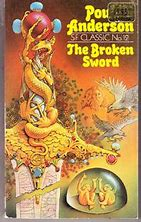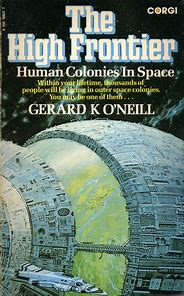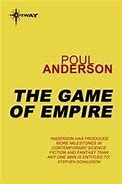A Stone In Heaven,
XI.
pp. 144-155 are narrated from Yewwl's pov.
"Yewwl sensed..." (p. 144)
We are told not that she seemed to suppress anger or that she was seen to suppress it but simply that she did suppress it and also why she did this. She was prepared to die to avenge her family but had also worked off most of the grief and was finding reasons to live. These statements are made directly about her inner states, not inferred from her behaviour by anyone else.
"She saw advantages..." (p. 145)
Yewwl's son, Skogda:
"...radiated impatience." (p. 146)
We are told not that he was impatient or felt impatience but only that his body language conveyed impatience to his mother. The pov remains hers, not his.
Yewwl deflects a question from Skogda because:
"She needed silence in which to think, to sort out everything that was bursting upon her." (p. 148)
That she needed silence to think might have been inferable by her companions but that many things are bursting upon her is definitely a subjective statement.
"Yewwl decided." (ibid.)
A third party might have inferred her decision-making from the way that she responds. However, we are immediately told the reason for her decision:
"She had thin choice, anyhow." (ibid.)
This is what she is thinking.
Incidentally, when she replies that one group of star-folk might be preparing to attack another, one of her companions is appalled:
"'Attack!'...'All of them together, like a pack of lopers?'" (p. 149)
What we call "war," a Ramnuan compares to an assault by a pack of wolf-equivalents.
"Fear walked the length of Yewwl's spine." (p. 150)
She might be visibly afraid but only she feels fear as a sensation up her spine.
"She looked around her with eyes that a sense of time blowing past had widened." (p. 151)
She senses time which is again compared to wind, "blowing past..."
She sees a few stars, which she remembers that Banner has told her are suns, and reflects how remote they are.
Through the multi-sensory link, Banner and Yewwl communicate inaudibly to anyone else. Banner uses the words, "'...Fissionable...' '...fission...' and '...warheads...'" (p. 152) We are told that these words are incomprehensible to Yewwl so maybe we should not be told what the words are? Yewwl would not be able to discern the syllables of incomprehensible words. We are in her pov so we should be told only that she heard something that she did not understand.
"A sick feeling swept through her." (p. 153)
A purely subjective statement!
We read her italicized thoughts at the bottom of p. 153 and again on p. 155.
A kind of miscommunication that I have experienced more than once, although not in similar circumstances, occurs. Yewwl tells Skogda that their guide/guard is:
"'...sending for people to take us prisoner -'" (p. 154)
She intends immediately to explain that surrender is advisable but it is too late. Informed of imminent arrest, Skogda instantly attacks although she sees his almost simultaneous regret.













































